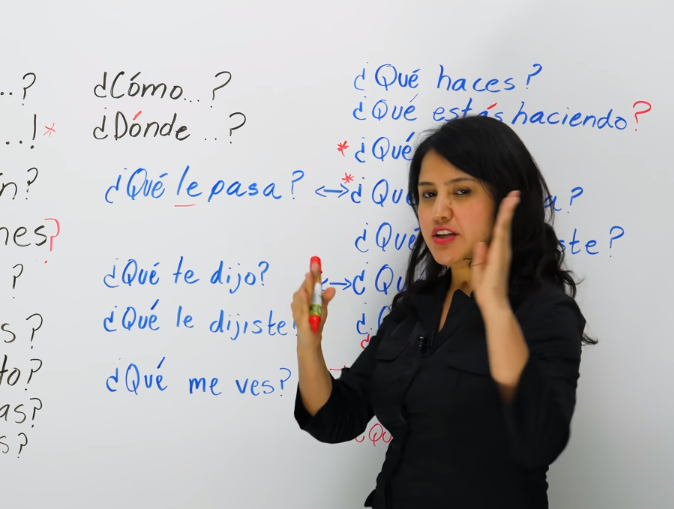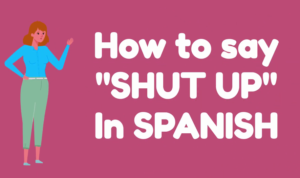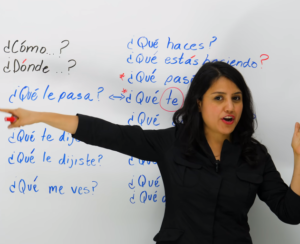
Cracking the Temporal Code: Unveiling “When” in Spanish
Greetings, language enthusiasts! As we continue our journey through the vibrant world of Spanish , we encounter a linguistic gem: the word “when.” In this linguistic exploration, we’ll uncover the diverse ways to express “when” in different contexts, adding a touch of time-related finesse to your Spanish conversations.
Unlocking the Significance of “When”
Imagine storytelling without temporal context—events would lose their charm and coherence. The word “when” is the temporal glue that binds actions, bringing sequences and narratives to life. In Spanish , mastering how to express “when” enables you to navigate conversations with elegance and precision.
¿Cómo se dice “When” en Español? (How do you Say “When” In Spanish?)
In the vibrant tapestry of Spanish , expressing “when” requires a palette of words and phrases tailored to specific situations. Let’s delve into these variations:
“Cuando” – The All-Purpose Temporal Warrior
“Cuando” is your trusty companion for most “when” scenarios. It seamlessly adapts to diverse contexts, serving as the go-to term to inquire about or pinpoint the timing of events. For instance, “¿Cuándo llegas?” translates to “When are you arriving?”
“En qué momento” – The Precise Time Detective
When you’re after precision, “en qué momento” steps in. This phrase shines when you need to emphasize the exact point in time an event occurred. Try using it for questions like “En qué momento comenzó a llover?” (When did it start raining?)
“A qué hora” – The Timepiece for Specificity
Need to know the exact hour? Turn to “a qué hora”. This phrase becomes your linguistic timepiece, especially when you’re inquiring about specific times of the day. For instance, “¿A qué hora sale el tren?” translates to “When does the train depart?”
Context Matters: Choosing the Right “When”
Every linguistic choice comes with a dash of context, and “when” expressions are no exception. Consider the nature of the event, your relationship with the conversational partner, and the tone of the conversation. Your choice of phrase can add a layer of formality or familiarity to the exchange.
Asking “When” Questions: A Simple Formula
Formulating “when” questions in Spanish is a breeze. Simply follow this formula: question word + verb + subject.
For example:
¿Cuándo llega el vuelo? (When does the flight arrive?)
¿A qué hora empieza la película? (What time does the movie start?)
Crafting Responses with “When”
Responding to “when” questions mirrors the question structure, with the inclusion of specific time or moments.
For example:
El tren llegará mañana por la tarde. (The train will arrive tomorrow afternoon.)
La conferencia inicia en una hora. (The conference starts in an hour.)
Final Words: Embrace the Temporal Tapestry
With our exploration complete, you’re now equipped to wield the temporal magic of “when” in Spanish . Whether you opt for the adaptable “cuando,” the precise “en qué momento,” or the time-focused “a qué hora,” you’re poised to navigate time-related conversations with flair. So, the next time you ponder, “How do you say ‘when’ in Spanish?” remember the colorful array of options at your disposal. ¡Buena suerte! (Good luck!)






